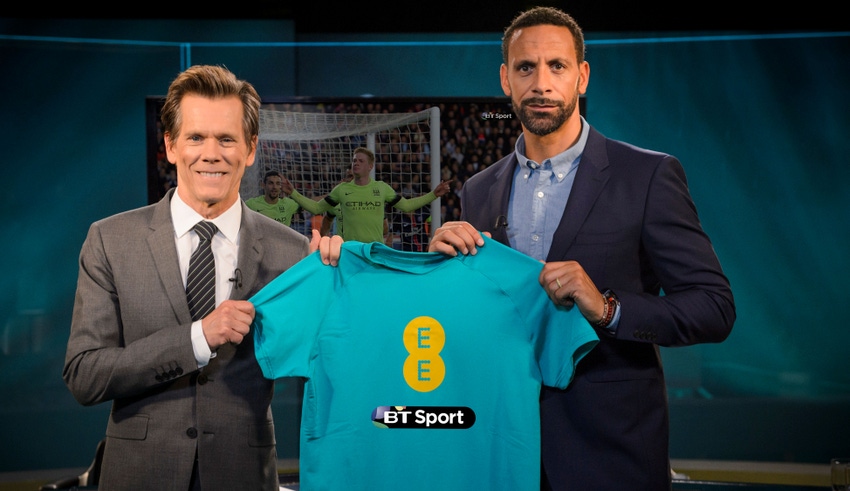The telcos want us to spend more money with them, that is a given, but it appears the latest move to bribe consumers with zero rating offers is not working in the UK.
September 6, 2017

The telcos want us to spend more money with them, that is a given, but it appears the latest move to bribe consumers with zero rating offers is not working in the UK.
It’s been a slow creeping trend over the last couple of years, but the telcos are making less money. Whether it was the increasing irrelevance of voice minutes, or erosion of generated-cash through SMS, the data frenzy has been killing profits. It’s a cruel irony that the OTTs are using the very networks which the telcos have spent billions on to destroy the profit margin, but it is one which the industry has come to accept.
Monetizing data tariffs, and encouraging users to scale up to more expensive unlimited plans, was one way these trends could have been reversed. But according to new data from uSwitch, users are not convinced by new data plans that offer unlimited use of certain apps, favouring cheaper deals as opposed to the unlimited options.
“While these packages will be spot on for a large number of a mobile users – in particular younger users – they can feel a little restrictive,” said Ernest Doku of uSwitch. “For the older demographic that might not necessarily want to stream content on-the-go or who don’t use messenger apps, there will likely be little in this new provider battleground that stands out.”
Only 19% would switch to a contract with unlimited data usage on certain apps, with this number dropping to 11% for over-55s. 18-34 year olds were more receptive to the idea, with 26% open to changing providers. As 79% of adults now use on-demand services such as Netflix or BBC iPlayer, the telcos are making a fair assumption that these unlimited data tariffs would be appealing, but it does show sometimes statistics do not back up what was promised.
Mobile operators are increasingly turning to perks, such as free subscriptions or zero-rating offers, to attract new users, but it seems the UK are focused on the basics. 61% of the respondents to the research would change for a cheaper deal, 30% would change for better coverage and 23% would change for more flexible deals.
The last reason is an interesting one, and perhaps an encouraging statistic for Vodafone and Three. Both have launched more flexible, month-by-month plans (VOXI for Vodafone and Smarty for Three), which target more cash-conscious consumers.
That said, the statistics do also indicate one thing; to be a good mobile provider, you have to have a network which performs consistently well, and offer services at a good price.
This is a welcomed discovery for Telecoms.com, as it indicates the users of the UK cannot necessarily be bought off with gimmicks and advertising. The user is focused not on the short-term benefit of a free-service, but more of the performance of the telco, which will arguably have a greater impact on the users life.
But the smoke and mirrors should not be seen as a surprise. Why are telcos focusing on gimmicks and the cheesy endorsements of past-it celebrities, which make the brand look cheap and unappealing? Because you don’t have to spend as much on a second-rate celebrity as you do on making sure your network is up to scratch.
Perhaps this is another indication the telcos are shying away from actually investing for the long-term? Maybe it shows us the management team are more interested in short-term pleasures than longevity and sustainability? Or it might just say that the telcos don’t care about customer experience, just as long as they pay up once a month?
About the Author(s)
You May Also Like








.png?width=300&auto=webp&quality=80&disable=upscale)


_1.jpg?width=300&auto=webp&quality=80&disable=upscale)


.png?width=800&auto=webp&quality=80&disable=upscale)